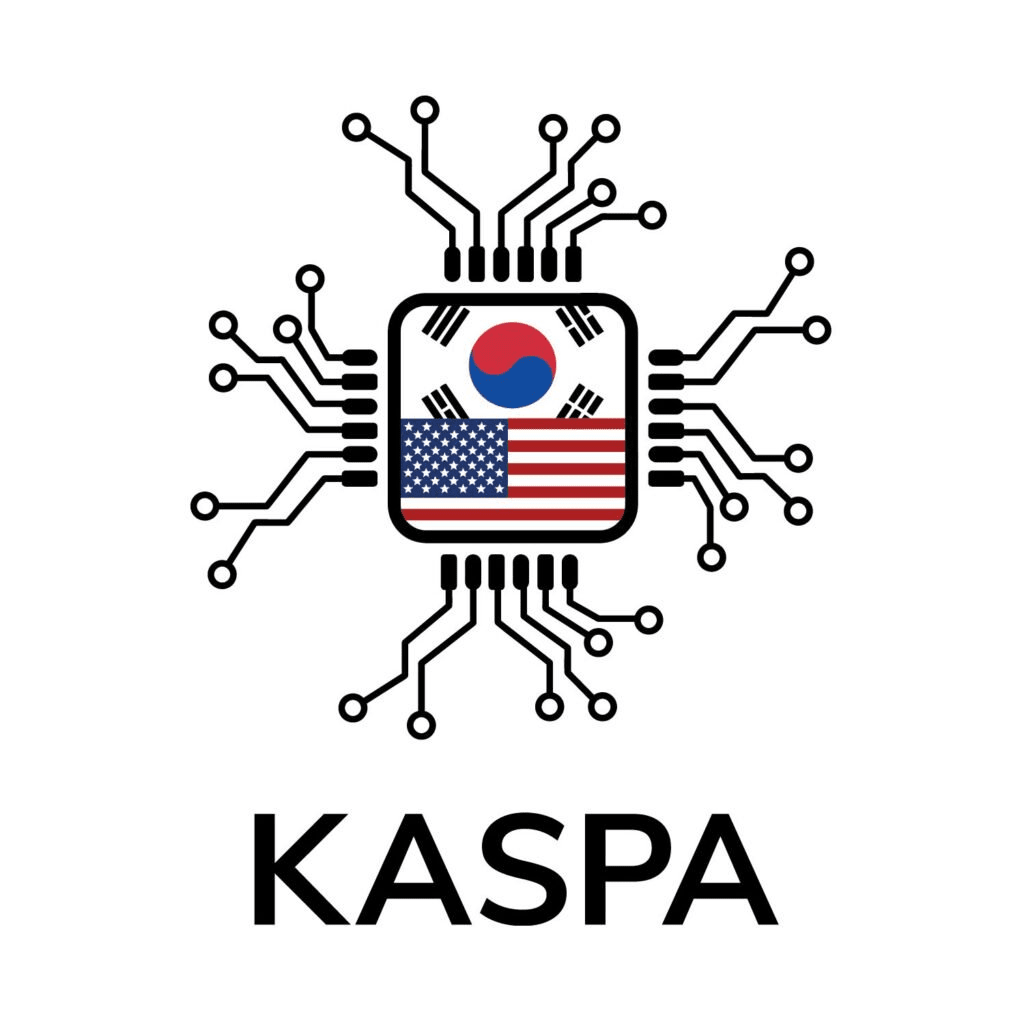*Kaspa (KAS), its technology, and its relationship with China and the United States
⚡What makes Kaspa formidable?
1. Revolutionary BlockDAG technology:
-Kaspa uses a **BlockDAG** (Directed Acyclic Graph of Blocks) structure instead of a linear blockchain. This allows it to process **multiple blocks in parallel**, solving the scalability problem of Bitcoin and other cryptocurrencies.
-**GHOSTDAG protocol**: Orders parallel blocks in consensus, preventing them from being discarded (as happens in Bitcoin). This allows for **transaction confirmations in seconds** with high security.
2. **Speed and scalability**:
-**10 blocks per second** (after an update in May 2025), aiming to reach 100 BPS. This allows for up to **~4,000 transactions per second (TPS)**, far exceeding Bitcoin (~7 TPS) or Ethereum.
-**Sub-second confirmation times**, ideal for daily payments and microtransactions.
3. **Security and decentralization**:
-Maintains the **Proof of Work (PoW)** consensus like Bitcoin, but with an ASIC-resistant algorithm (kHeavyHash) that promotes decentralized mining with GPUs.
-Fair launch**: No pre-mining, pre-sale, or initial allocations for founders. All coins were mined publicly.
4. **Deflationary tokenomics**:
-Fixed maximum supply of **28.7 billion KAS**. The issuance is halved annually through gradual monthly reductions, similar to Bitcoin but more frequent.
5. **Future with smart contracts**:
- They are developing capabilities for smart contracts (KRC-20 standard, similar to ERC-20) and DeFi ecosystems, which could position it as a competitive platform.
🇨🇳 **Relationship with China**
- **Origin and development**: Kaspa **is not a Chinese project**. It was created by Israeli researchers (Yonatan Sompolinsky and team) and developed by a global community.
- **Adoption in China**: Although China has a large crypto market and local projects (like VeChain or Conflux), **there is no mention of significant adoption of Kaspa in China** in search results. Interest may arise from its technology, but there is no concrete data.
- **Regulatory context**: China has been restrictive with cryptocurrencies, although there are signs of relaxation in places like Hong Kong. Kaspa does not seem to have special ties to the Chinese market.
🇺🇸 **Relationship with the United States**
- **Mining adoption**: **Marathon Digital**, one of the largest Bitcoin miners in the U.S., announced in 2024 that it mined $16 million in KAS to diversify its revenue. This validates Kaspa as a serious project for institutional investors.
- **Academic and investor interest**: Kaspa's technology arises from academic research (Hebrew University of Jerusalem), and its community includes enthusiasts and global investors, likely including Americans.
- **Market and exchanges**: KAS is traded on popular global exchanges (like KuCoin, MEXC, Bitget), accessible to U.S. users, although its availability on platforms like Coinbase is not mentioned.
### ⚠️ **Risks and considerations**
- **Competition**: Faces giants like Bitcoin and Ethereum, as well as other scalability projects.
- **Volatility**: Like all crypto, its price is volatile (around ~$0.09 in August 2025).
- **Still early adoption**: Although it has solid technology, its dApp and smart contract ecosystem is under development.
💎 Conclusion
Kaspa is **one of the most technical innovations in the crypto space**, solving the blockchain scalability trilemma without sacrificing security or decentralization. It has no direct ties to China, but is gaining traction in the West, especially with institutional miners in the U.S. **Its future depends on achieving mass adoption for real use cases**, beyond being a fast payment currency.
#kaspa #blockchain #LibertadFinanciera #TradeSignal #HoldingVsSelling



